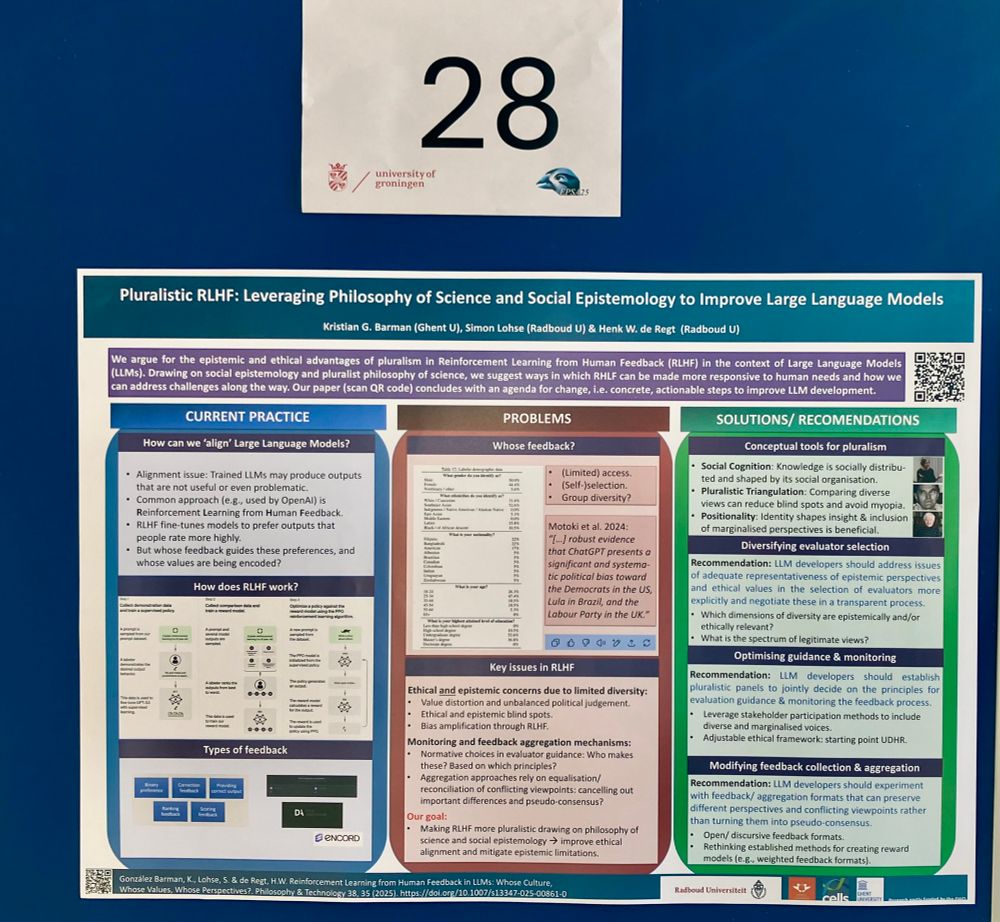Simon Lohse
@simonlohse.bsky.social
1.8K followers
1.1K following
230 posts
Philosopher of science at Radboud University 📚🇪🇺🏳️🌈🇳🇱🇩🇪 & big fan of liberal democracy #philsci #bioethics #HPS #STS
-- @isis-radboud.bsky.social
-- https://simonlohse.com
Posts
Media
Videos
Starter Packs
Reposted by Simon Lohse
Reposted by Simon Lohse
Reposted by Simon Lohse
Reposted by Simon Lohse
Reposted by Simon Lohse
Reposted by Simon Lohse
Reposted by Simon Lohse
Reposted by Simon Lohse
Reposted by Simon Lohse
Reposted by Simon Lohse
Reposted by Simon Lohse
Reposted by Simon Lohse
ISiS Radboud
@isis-radboud.bsky.social
· Aug 29

















